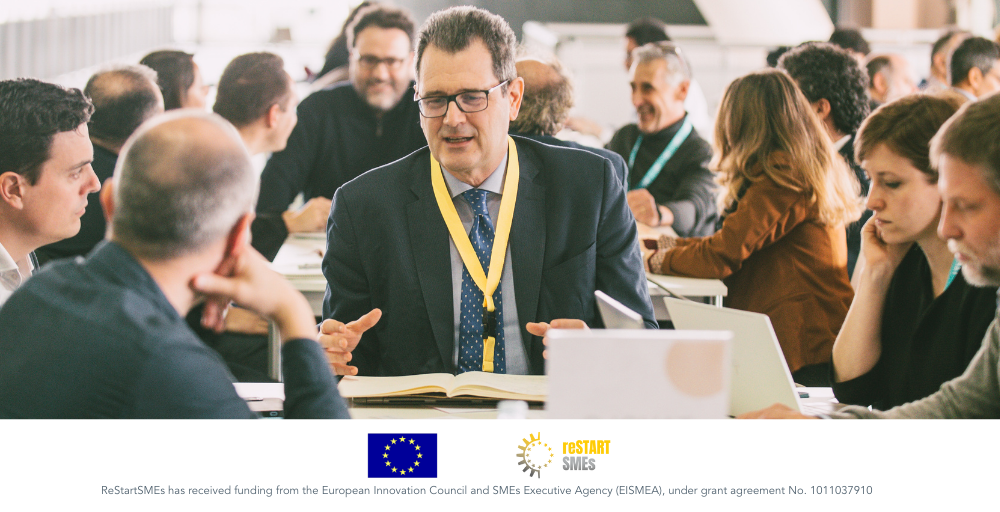Digital manufacturing has rapidly transformed the landscape of manufacturing in recent years. With the advent of new technologies , the way products are designed, produced, and distributed has changed significantly. However, with these new technologies come a host of challenges that need to be addressed to ensure the smooth implementation and success of digital manufacturing. During Hack4reSTART Stuttgart some of these challenges were undertaken and they seem to be ones that are common in the wider context.
LET’S DIG INTO FOCUS TOPICS…
 SMART CITIES: Renewable Energy Distribution and Management for Sustainable Municipalities
SMART CITIES: Renewable Energy Distribution and Management for Sustainable Municipalities
There is no solution to manage and distribute these renewable energy sources effectively to reduce dependence on non-renewable sources and lower CO2 emissions in municipalities. The challenges are: 1) to identify the location, or the range of actors involved, so that the generation of electricity from renewable sources corresponds to the consumption in place and time. 2) to design a system to measure and account for the electricity generated and consumed
 PREDICTIVE MAINTENANCE: Developing a blockchain-based predictive maintenance system for industrial equipment.
PREDICTIVE MAINTENANCE: Developing a blockchain-based predictive maintenance system for industrial equipment.
Industries face significant losses due to unscheduled downtimes of their equipment. Predictive maintenance techniques have been developed to mitigate such losses by predicting equipment failures before they occur. The data is typically generated by sensors and other monitoring systems. The data collected is usually stored in a centralized database, which raises concerns about data security and privacy. The quest: ensuring data integrity, security, and privacy, while enabling multiple stakeholders to access it!
 SUSTAINABLE SUPPLY CHAINS: Transparent and Accurate Reporting
SUSTAINABLE SUPPLY CHAINS: Transparent and Accurate Reporting
Supply chains are complex networks of companies and organizations. Ensuring that these supply chains operate sustainably is becoming increasingly important for businesses, consumers, and regulators. The solution should leverage blockchain technology to provide a secure and immutable platform for collecting, verifying, and sharing sustainability data across the entire supply chain, while also ensuring privacy and data protection.
 NFTs IN EDUCATION: Enable and improve the use of digital certificates and credentials in the educational landscape.
NFTs IN EDUCATION: Enable and improve the use of digital certificates and credentials in the educational landscape.
The current education landscape lacks a secure and tamper-proof system for verifying and recognizing learners’ achievements. Traditional academic certificates and credentials are often difficult to verify and are not always recognized by employers. Therefore, there is a need for a secure and decentralized system that can recognize learners’ achievements and provide NFT with verifiable credentials that are recognized by educational institutions and employers alike – 100% interoperability.
> In conclusion, the challenges facing the digitalization of manufacturing are complex and multifaceted. However, they also represent an opportunity for businesses to reevaluate and optimize their operations. Ultimately, the successful digitalization of manufacturing requires a commitment to innovation and a willingness to adapt to the changing landscape of the industry.
Sophia Rödiger

